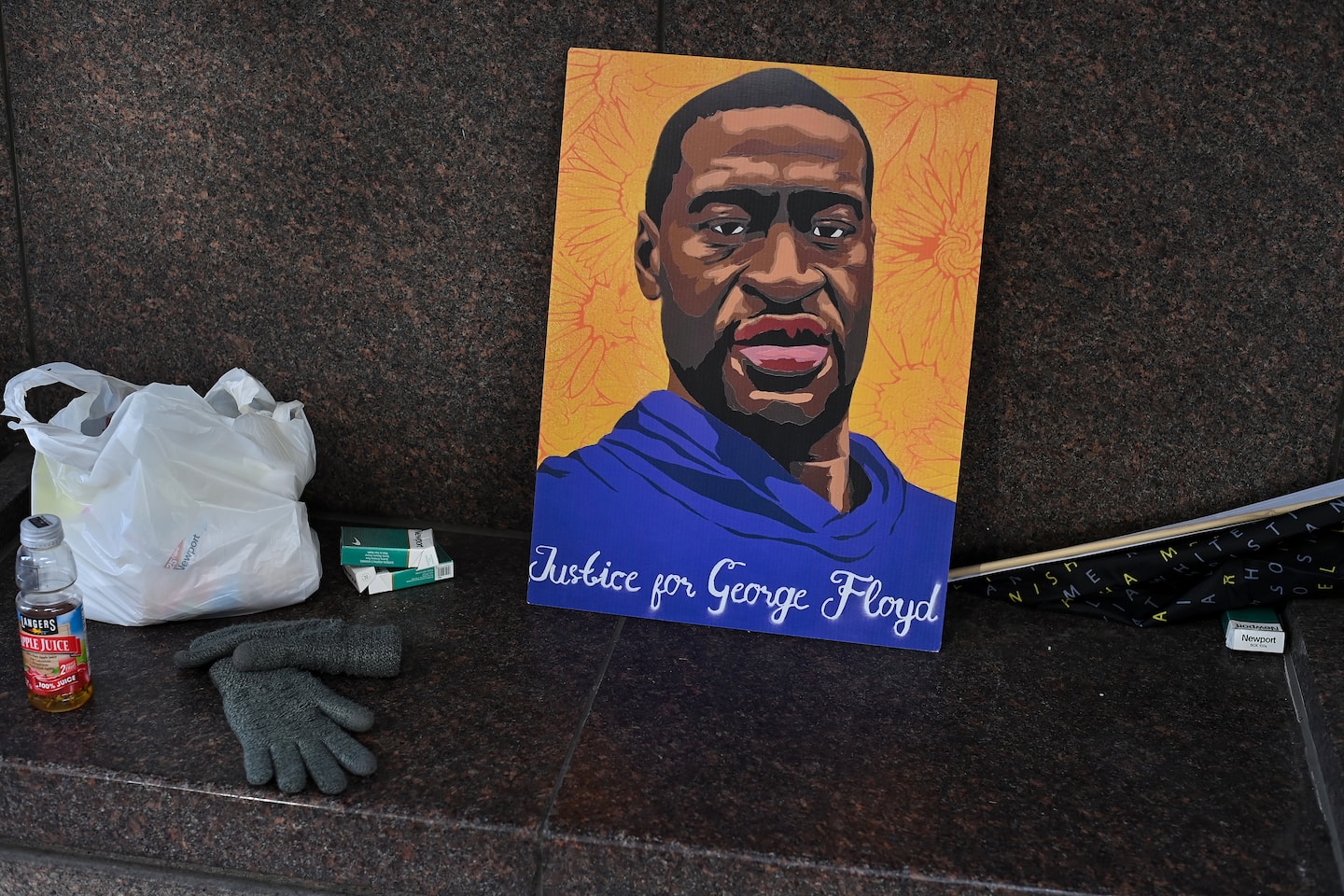The third-degree murder charges against Derek Chauvin carry worthwhile risks

Minnesota defines third-degree murder as death caused by “an act eminently dangerous to others and evincing a depraved mind, without regard for human life.” Chauvin, citing the language about acts dangerous “to others,” asserts that he cannot be guilty of third-degree murder because he claims his actions were directed at a single person, Floyd, rather than a group of people. By contrast, prosecutors argue that third-degree murder applies whether a defendant shows a disregard for the life of one person or many.
In other words, could a person be guilty of third-degree murder if he drove drunkenly down the highway, smashing into cars as he went, killing at will? Or could he also be guilty of third-degree murder if he drove his car in a state of intoxication and aimed at a particular person?
The prosecution’s view that the third-degree murder charge applies to Chauvin is more persuasive. In fact, Chauvin threatened to harm witnesses, including a firefighter, who attempted to intervene to provide medical help to Floyd. Given the menacing police demeanor on-site, it seemed witnesses feared for their lives should they attempt to save Floyd. Juries should be permitted to consider this context in an abuse of power case where the only thing preventing the preservation of life is a police officer’s badge.
As a matter of law, the statutory text does not require the state to prove generalized action. Likewise, Minnesota appellate courts have upheld guilty verdicts even where the defendant’s action was directed at a particular person. Courts around the country and legal scholars agree that third-degree murder is a proper charge even when only one person is endangered.
Just last month, the Minnesota Court of Appeals, the state’s intermediate-level court, embraced the prosecution’s view of third-degree murder in another police brutality case and directed the trial judge to reconsider the charge in Chauvin’s case. Hennepin County District Court Judge Peter A. Cahill said he disagreed with that interpretation but is bound to follow the higher court.
The Minnesota Supreme Court is poised to decide the issue in a case now before it, but it is unlikely to reach a decision before the Chauvin trial concludes.
Including the third-degree murder charge could benefit prosecutors because it gives them more options to present to the jury. It is possible that the Chauvin jury could settle on third-degree murder as a compromise verdict, as it is sandwiched between two other charges against Chauvin: the more serious charge of second-degree murder (felony murder, or murder committed unintentionally while the defendant is intentionally committing another felony, such as assault) and the less serious charge of second-degree manslaughter (culpable negligence creating an unreasonable risk of death).
But there is also a risk that including the third-degree murder charge would give Chauvin a legal issue to argue before the appellate courts if he is convicted. In particular, what happens if the jury settles on third-degree murder and acquits Chauvin of all other charges? If the Minnesota Supreme Court later interprets the third-degree murder statute in a way that would not apply to Floyd’s death, Chauvin could emerge from this case without being held criminally accountable. And that would be a crime.
Read more:






